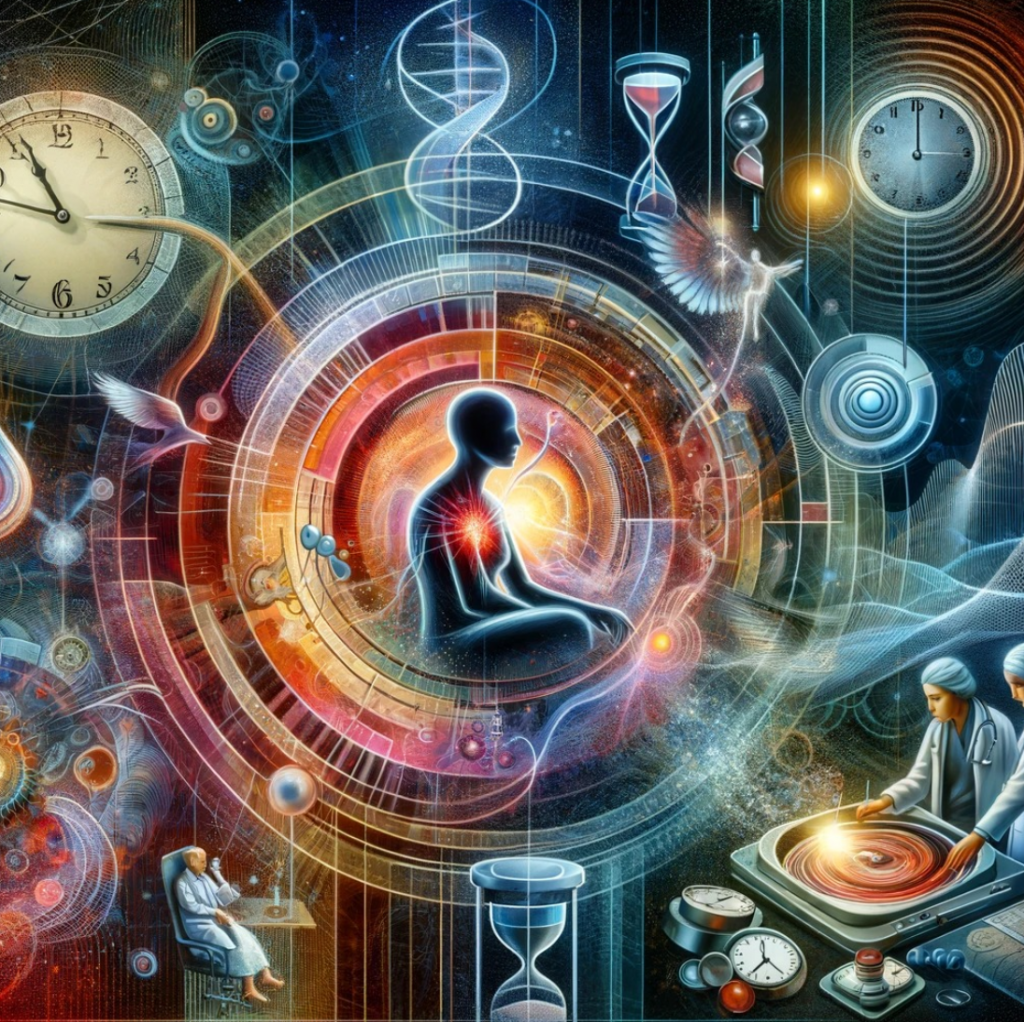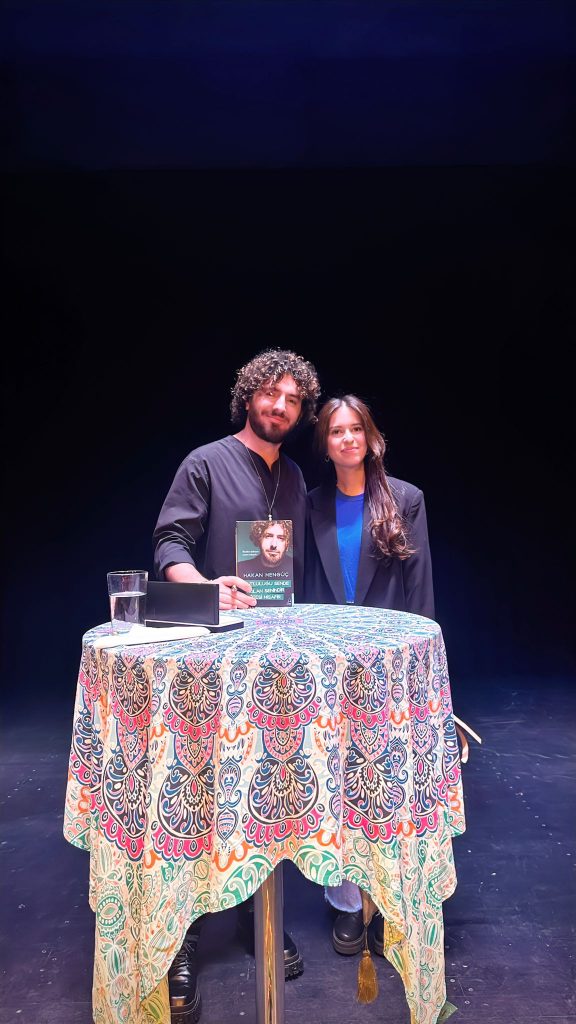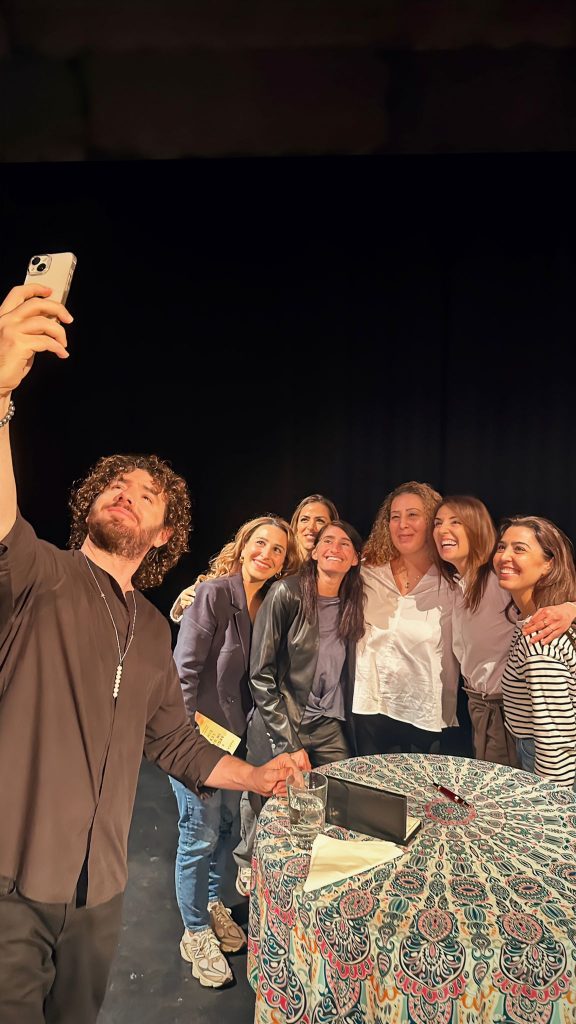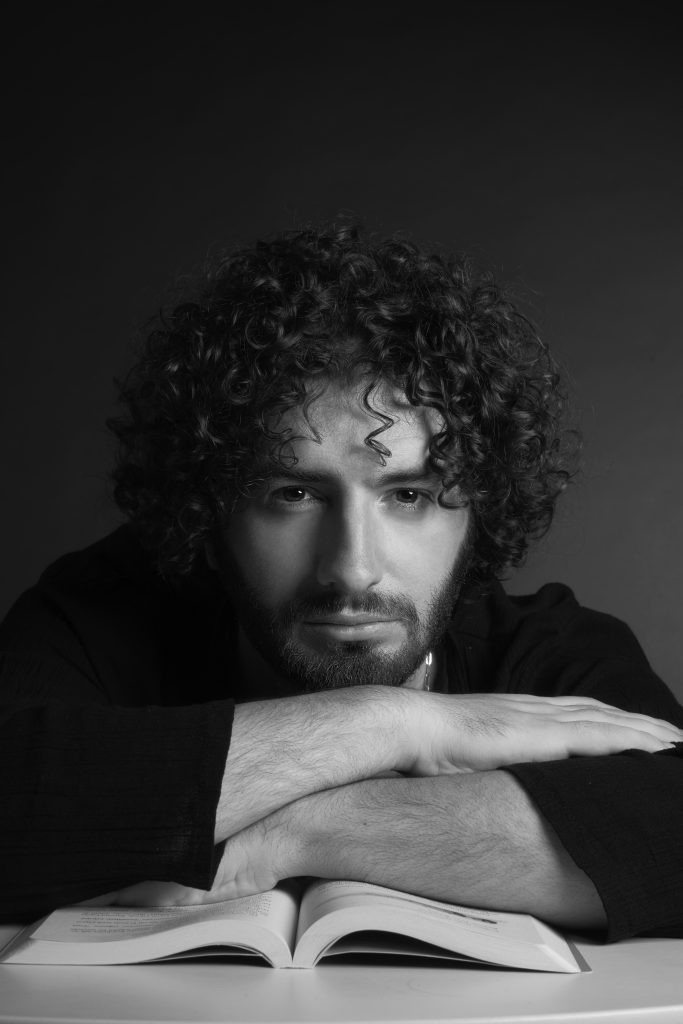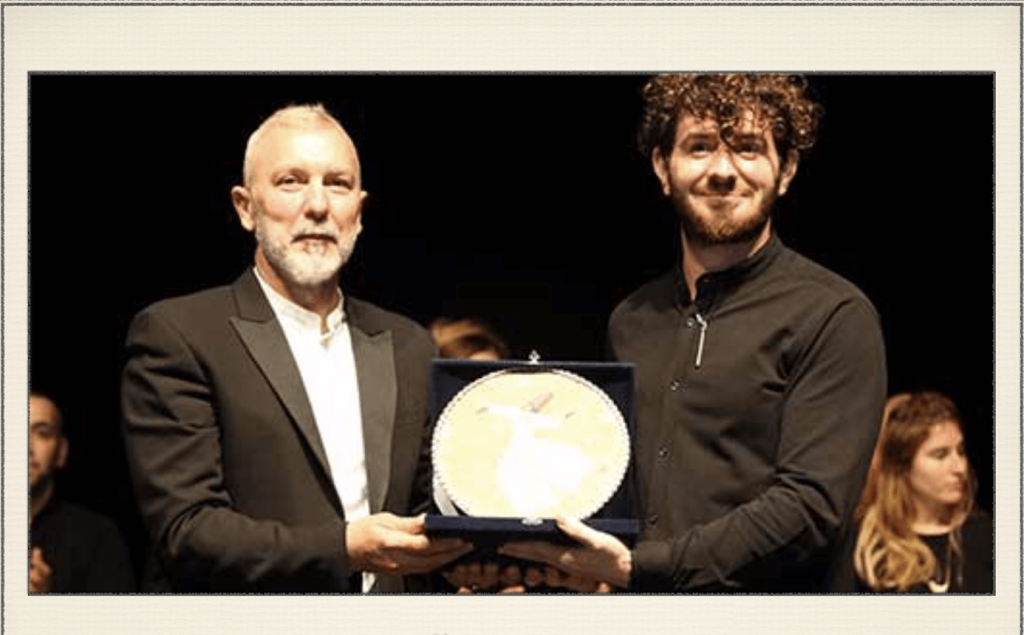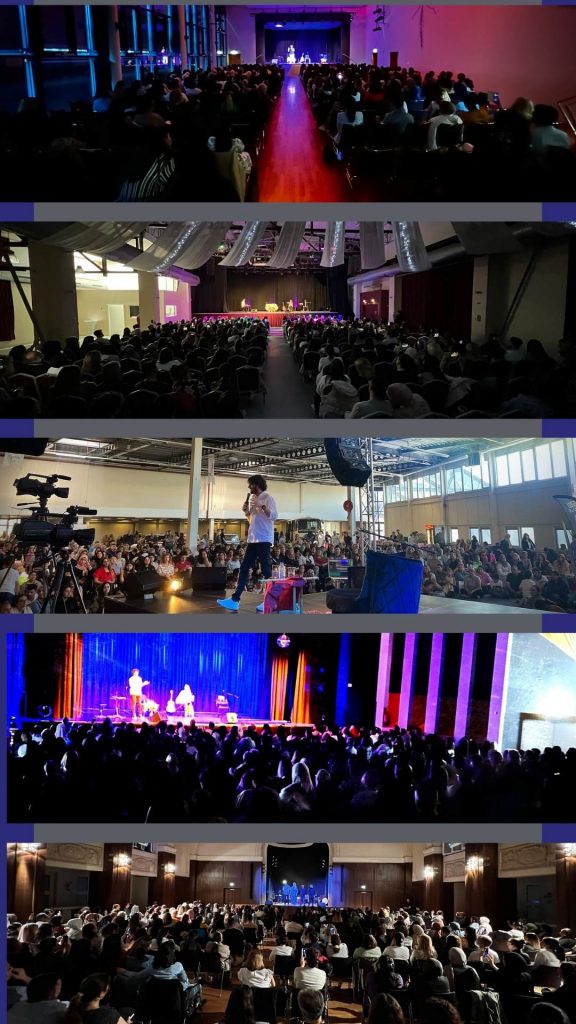Imagine embarking on a journey back in time, finding yourself 200 years ago. As a monarch, you possess all the wealth and power imaginable, yet you lack many of the conveniences a modern-day individual takes for granted. Your riches and royal title could not, in those times, grant you the convenience of traveling by bus or the comfort of flying in an airplane. Today, thanks to modern advancements, the concepts of time and space are redefined at an astonishing pace. Traveling from one city to another, or to a different country, can now be accomplished in just a few hours.
For instance, a journey from Istanbul to New York, which is merely an 11-hour flight today, would have been an arduous, time-consuming process 200 years ago in the 1800s. This journey would involve traveling by horse-drawn carriages to Western Europe, then crossing the Atlantic Ocean by sailing ship, and finally traversing the American continent westward on horseback or by wagon. This trip could take months or even more than a year, depending on conditions.
200 years ago, there were no such things as electricity, refrigerators, many medicines, cars, or airplanes. So, despite all these absences, why did people feel happier?
According to reports by the World Health Organization, the number of people experiencing depression is increasing day by day, reaching significant levels compared to the previous century. However, some experts suggest that part of this increase may be due to previously inadequate diagnostic practices.
Yet, when we look back at the environment of our childhood, we might realize that people were not as happy as they used to be. It’s insufficient to attribute this merely to nostalgia. From my own experiences, I remember; many days of the week, either our neighbors would visit us, or we would visit them. Social connections provided opportunities for sharing burdens, helping each other, and standing together during tough times.
I conducted a brief research on why people might have been happier in the past and identified several factors. Let’s explore these factors together and draw personal lessons:
A) Expectations and Comparison
Social media and other communication channels allow people to constantly observe others’ lives and make comparisons with their own. This habit of constant comparison can increase feelings of personal dissatisfaction and lead people to view their own lives in a negative light. In the past, people’s comparisons were limited to their communities or immediate surroundings, keeping expectations realistic and attainable.
Reasons why comparisons can be harmful include:
- Unrealistic Expectations: Content shared on social media often reflects people’s best moments, achievements, or idealized lifestyles, leading to unrealistic expectations and disappointment when confronted with our own realities.
- Emotional Burden: Constantly comparing ourselves to others can trigger negative emotional states like jealousy, feelings of inadequacy, and lower self-esteem.
- Diminished Capacity to Live in the Moment: Being in the habit of continually evaluating our lives against others’ can prevent us from enjoying the present and celebrating our own achievements and happiness.
- Obstacle to Personal Growth: Comparisons can distract from focusing on our values, goals, and interests, negatively affecting personal development and self-actualization.
B) Simplicity and Complexity
In the past, people engaged in clear and tangible tasks for daily survival; activities like farming, day-to-day chores, and securing shelter formed the basis of their struggle for existence. Such tasks provided clear goals and immediate satisfaction upon achievement, establishing a direct relationship between efforts and tangible outcomes, fostering a sense of fulfillment and accomplishment.
Conversely, the complexity of modern life has changed how individuals navigate their existence. Advances in technology, globalization, and increased societal expectations have made daily life more complex. Continuously changing goals in work and personal life can make it challenging for individuals to determine what is truly important. In the modern world, the outcomes of our efforts and achievements are often long-term and fraught with uncertainties, creating an environment where instant gratification is diminished, and the concrete metrics of success are blurred.
This complexity can increase individuals’ unhappiness by:
- Difficulty in Making Decisions: Life’s complexities necessitate constant decision-making, leading to stress, indecision, and regret.
- Deferred Gratification: Achieving goals in the modern world often takes time and patience, reducing motivation and satisfaction.
- Uncertainty of Values: In contemporary society, what is valued is constantly changing, causing difficulties in focusing and leading to dissatisfaction and anxiety when contemplating life’s meaning and purpose.
C) Social Bonds and Loneliness
In ancient societies, people tended to live within tight-knit communities that offered mutual support, security, and a sense of belonging, strengthening bonds among individuals. These communities provided economic, emotional, and social support, uniting during hard times and sharing joys. This was a natural part of individuals’ social networks and interactions, significantly reducing feelings of loneliness.
In modern society, however, individualism and the tendency to live alone have become more prevalent, especially due to urbanization, changes in family structure, and technological advancements. Social media and digital communication tools, while replacing face-to-face interactions, can weaken real social bonds and create a misleading sense of connection. Consequently, the number of deep and meaningful relationships decreases, and feelings of social isolation and loneliness increase.
D) Physical Activity
In the past, daily life required physical activity. Basic survival activities like agriculture, hunting, and gathering kept people constantly moving. Such levels of physical activity improved heart health, flexibility, and overall physical endurance, while reducing stress and providing psychological benefits like better sleep quality.
However, today’s lifestyle is more sedentary. Many people spend long hours sitting for work or education, which can lead to physical health issues. Additionally, the lack of physical activity can lead to mood fluctuations, increased risk of anxiety and depression, and negatively affect mental health, depriving individuals of the positive effects on stress management and emotional resilience.
In these contexts, the reduction of social bonds and physical activity are among the challenges brought by modern life, significantly affecting individuals’ happiness and overall well-being. To combat these issues, spending more time in the community, strengthening social relationships, and incorporating regular physical activity into one’s lifestyle are crucial.

